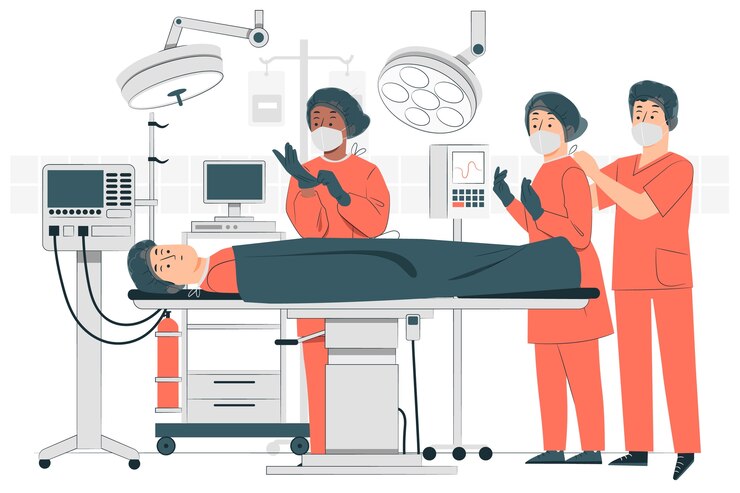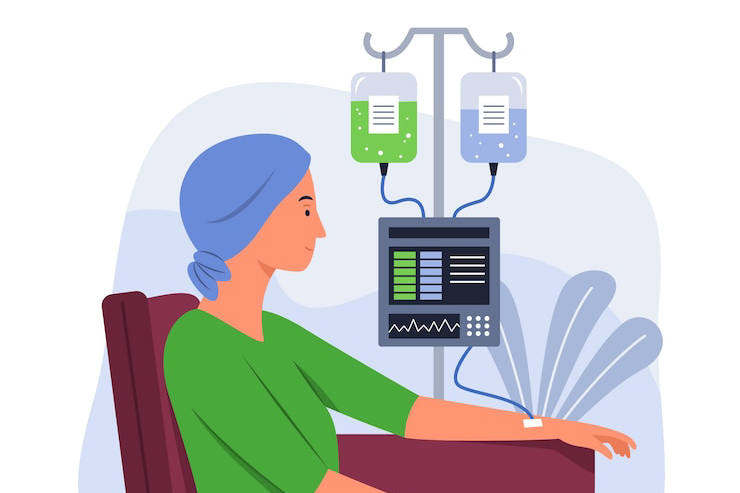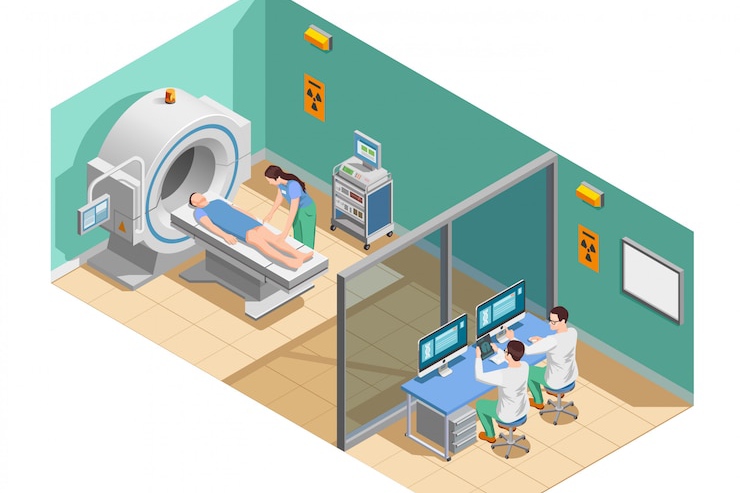
The Role of Anesthesiology in Modern Medicine: Ensuring Safe Surgeries
Anesthesiology is a vital part of modern medicine, playing a crucial role in ensuring that surgeries are safe and pain-free for patients. If you’ve ever had a procedure that required anesthesia, you know how important it is to have a skilled anesthesiologist on your care team. But what exactly does an anesthesiologist do, and why is their role so important?
What is Anesthesiology?
Anesthesiology is the branch of medicine that focuses on the practice of anesthesia—administering medications to prevent pain and discomfort during medical procedures. Anesthesiologists are highly trained doctors who specialize in safely managing anesthesia throughout the entire surgical process.
- Local anesthesia numbs a small area of the body.
- Regional anesthesia numbs a larger area, like an entire limb or the lower half of the body.
- General anesthesia puts the patient into a deep sleep, ensuring they don’t feel any pain or have any memory of the surgery.
Monitoring Vital Signs
During surgery, the anesthesiologist is responsible for continuously monitoring the patient’s vital signs, such as heart rate, blood pressure, oxygen levels, and breathing. This close monitoring is essential to ensure that the patient remains stable and safe while under anesthesia. If any issues arise, the anesthesiologist can make adjustments to the anesthesia or provide additional care to keep the patient safe.
Pain Management After Surgery
Anesthesiologists don’t just focus on the time during surgery—they also play a key role in managing pain after the procedure. They work closely with the surgical team to develop a pain management plan for the patient’s recovery. This might include medications to ease discomfort or techniques like nerve blocks to target specific areas of pain.
Preoperative Assessment
Before surgery, anesthesiologists conduct a thorough assessment of the patient’s medical history and overall health. This helps them identify any risks or concerns that may affect anesthesia. For example, patients with heart or lung conditions may require special anesthesia techniques to minimize risks. The preoperative assessment ensures that the anesthesia plan is tailored to the individual patient, helping to avoid complications.
Conclusion
Anesthesiologists are essential to the safety and comfort of patients undergoing surgery. They play a critical role in ensuring that patients are pain-free during procedures, monitoring vital signs throughout the surgery, and managing pain after the procedure. With their expertise, anesthesiologists help make modern surgery safer and more comfortable for patients, allowing them to focus on recovery and healing. Without anesthesiology, many modern medical procedures wouldn’t be possible or as effective.



